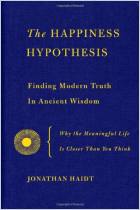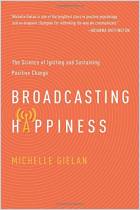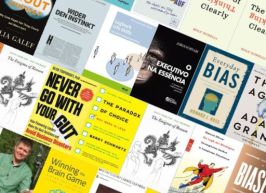Neuroscientist Tali Sharot shares a very engaging assortment of studies and observations that will help you understand how your brain perceives and interprets the world around you – in ways that often differ greatly from reality. Her book offers an illuminating look at how your mind works, how you respond to decisions and how you decide. Sharot suggests methods for motivating your staff to perform above expectations by tapping into their brains’ natural optimism. getAbstract recommends her insights into how your brain’s response to information and events can dramatically affect your business, health and relationship decisions.
Your Brain’s Illusions
If you think your brain accurately describes your experiences, you are mistaken. When Egyptian pilot Khadr Abdullah’s Boeing 737 suddenly turned toward the ground, he still believed he was flying upward, and he crashed. This happened because the brain doesn’t always supply accurate information to someone who is not on terra firma. As this example reveals, the brain comes equipped with many cognitive illusions. For example, the “superiority illusion” kicks in when your brain says you are the best in a number of areas – the best leader, best driver and best logical thinker. But that isn’t possible; “most people cannot be better than most people.” You don’t recognize your brain’s distortions, but you notice when others mistakenly think they are the best.
Your brain also suffers from an “introspection illusion.” You believe you control the way you think and feel about something, but you don’t. A Swedish research team presented people with pairs of photos of women. Each of the subjects chose the photo of the woman they found more attractive out of each pair. When the researchers gave the subjects the female portrait previously deemed less attractive...
Dr. Tali Sharot’s research on optimism and the brain has appeared in Newsweek, The Washington Post, The Boston Globe, The Wall Street Journal, Time, New Scientist, Nature, Science and leading scholarly journals, as well as on the BBC.






















Comment on this summary
I am a natural optimist and I know from experience (not scientific data) how my brain has "sugar-coated" many of my life's difficult experiences to give me a positive outlook on my future. Without this cognitive function, I know I would have been one of those sad, vicitimzed women who seem never to see a better life for themselves...though that life is just a single, positive thought away.
God has created us with some amazing abilities, including this ability to hope and believe in a wonderful future! Now, you might be thinking that my brain just conjured up a grandios illusion of a Mighty Creator, a Resurrected Savior, and a Holy Spirit working together to save us from the evil one (most notably our negative selves) and deliver us all into a magical, heavenly Kingdom to live happily ever after. Nonetheless, I choose to believe that God created my brain and not the other way around...and am quite happy with my choice! :)